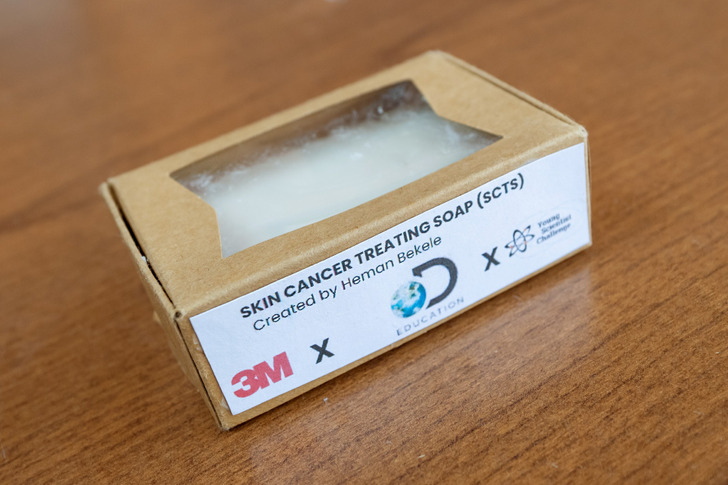As the world continues to grapple with the devastating effects of cancer, a 14-year-old boy from Texas has invented a soap that could revolutionize cancer treatment. Heman Bekele’s invention has earned him the title of America’s Top Young Scientist, and his story has captured the attention of people around the world.
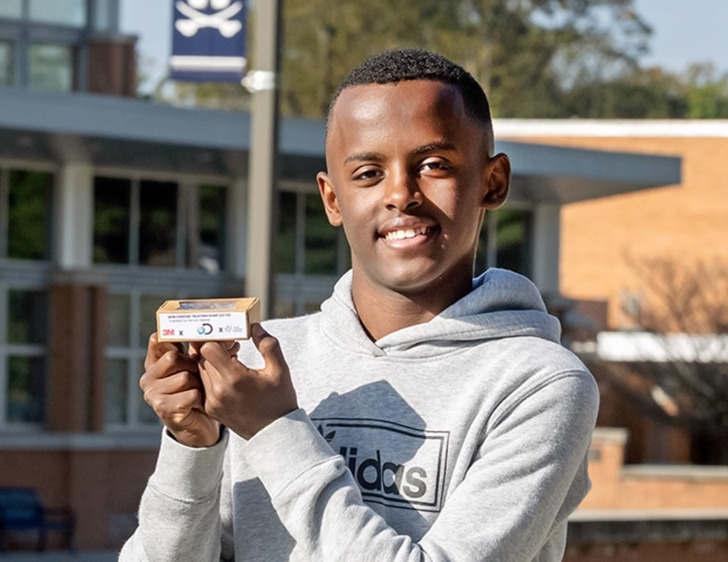
Heman Bekele, a 14-year-old student from Annandale, Virginia, has won the 3M Young Scientist Challenge for his entry; a bar of soap designed to treat skin cancer. The soap Heman’s soap is made with compounds that can reactivate the cells that guard human skin, allowing them to fight off cancer cells. It is designed to treat melanoma, which is one of the most common types of skin cancer in the United States.
The soap costs about 50 cents to make, and Heman hopes to refine his innovation and create a nonprofit organization to distribute the soap to communities in need over the next five years.
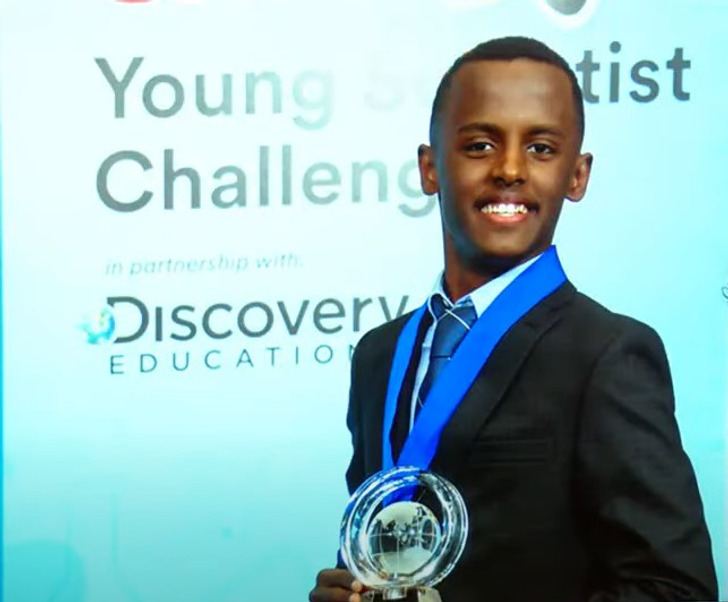
Heman’s invention has earned him the title of “America’s Top Young Scientist” and a $25,000 prize from 3M and Discovery Education. The bright inventor competed against nine other finalists for the title of “America’s Top Young Scientist” over the past four months.
Heman’s mentor, 3M product engineering specialist Deborah Isabelle, said she could see the teen’s energy and passion for the project from their first meeting. She described Heman as “focused on making the world a better place for people he hasn’t necessarily even met yet”.
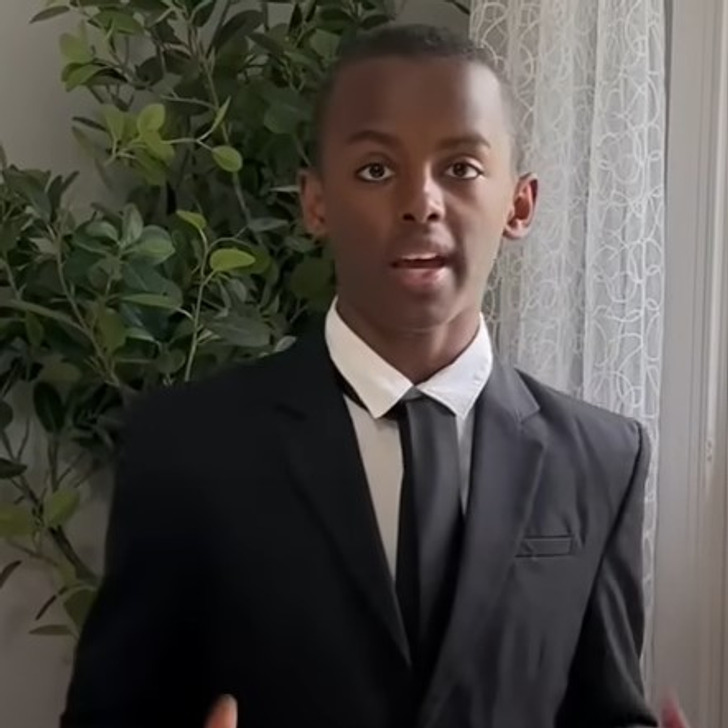
It took months to make a soap prototype that works. Heman used a computer to figure out the soap’s formula. The soap, called SCTS, revives special cells in the body. Cancer kills these cells, but the soap brings them back to life. Then, these cells fight against cancer.
Isabelle explained that the soap makes the body strong again to fight the disease. “The Skin Cancer Treating Soap reminds the body how to defend itself,” she explained.
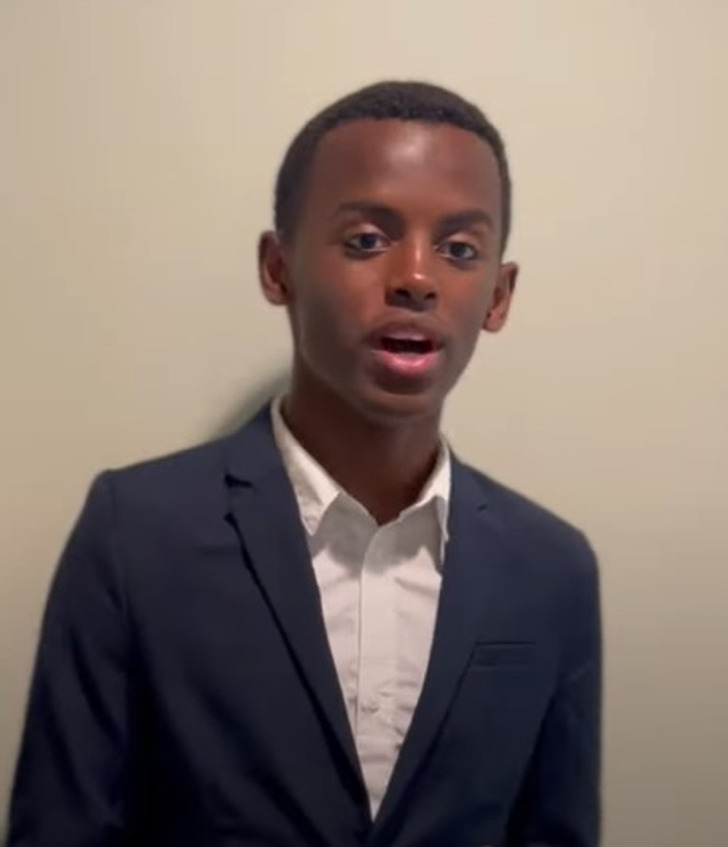
Unlike existing creams, SCTS reactivates special cells in the skin to fight cancer cells. Heman’s soap idea, costing less than $10 per bar, aims to make skin cancer treatment accessible to everyone. He plans to turn SCTS into a symbol of hope, with the goal to gain FDA approval and establishing a nonprofit for distribution. “There is still a lot left to do,” he said.
With the scent of success still lingering in the air, we turn our attention to a diverse group of innovators who have reshaped the landscape of convenience. Curious to know how? Stay tuned for our upcoming piece on 15 ingenious minds and their creations that have simplified life in ways you could never have imagined.
